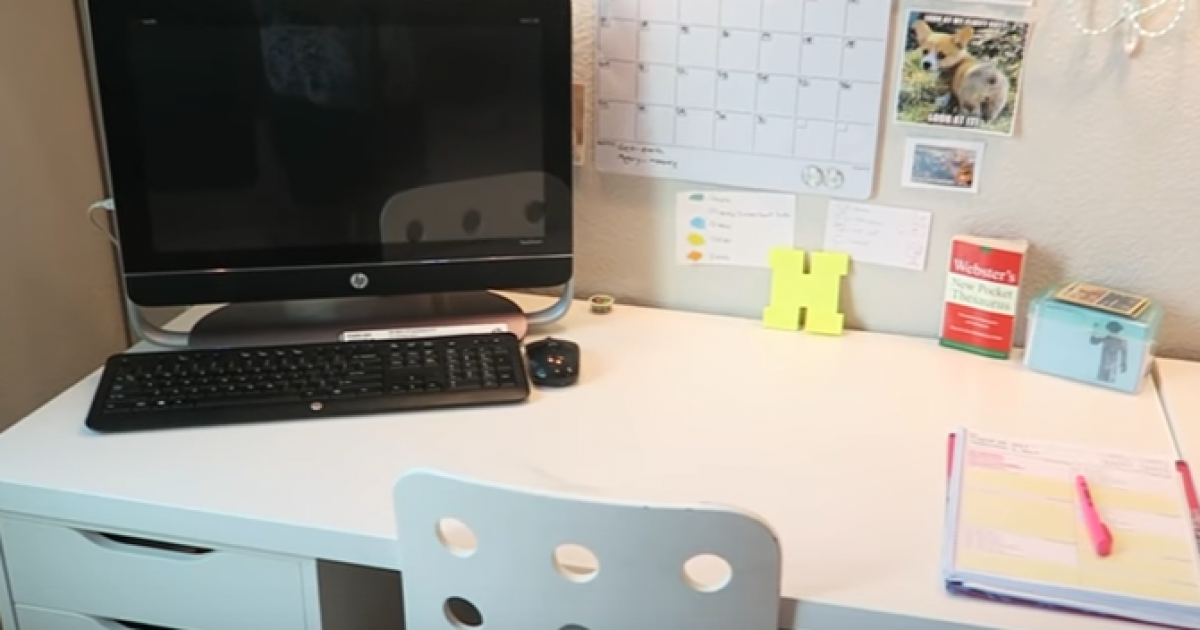
Simon Black of Sovereign Man penned a piece last week for ZeroHedge detailing which states are friendly towards homeschooling.
Black noted that Pennsylvania has one of the most stringent restrictions on homeschooling of states in the country. According to the state’s guidelines, parents must teach their children about certain state-approved subjects for nearly half of the year, for a minimum of 900 hours. In addition, Black explains that “Tests must be administered, and the district must assess the child at the end of each school year. Immunizations are also required.”
Tutors can be hired, but they’re not necessarily the most affordable option because the state mandates that homeschool tutors have regular teacher qualifications. In addition, the tutor can only instruct children from the same immediate family.
Thanks to the Wuhan virus lockdowns, thousands of Americans nationwide have turned to homeschooling as an alternative education model. According to a recent Gallup poll, 10 percent of families signaled that they plan on homeschooling their children in 2020.
In this chaotic environment, parents have set up homeschooling “pods” where they band together with other parents to homeschool kids from multiple families. Channeling its nanny statism, Pennsylvania reacted to this development by enacting strict standards for running homeschooling pods. For example, parents who intend on starting these pods must inform the state beforehand.
In addition, they must go through a background check and must have certifications to run a “residential daycare” in their area. On top of that, they must follow state and CDC guidelines for social distancing as they homeschool.
Black also noted that the “state can cram as many kids into one classroom as it wants, but pods must have one adult for each 12 young children (or 15 older students).” According to Black, “Pod parents have to open their home to DHS if child services come knocking, no warrant required. And they are considered mandatory reporters, meaning they could be prosecuted for failure to report signs of child abuse.”
Thanks to America’s federalist structure, not all states are like Pennsylvania when it comes to its stringent homeschooling policies. There are some states that don’t really regulate homeschooling and others with varying degrees of regulation that are not necessarily overbearing. Black provided a comprehensive list of these states:
- The freest “no notice” states: Alaska, Idaho, Indiana, Iowa, Michigan, Missouri, Oklahoma, Texas, (and surprisingly) Connecticut, Illinois, and New Jersey. These states allow No Notice/Regulation. This means that if you never enroll your children in school, you don’t have to inform the state that you are homeschooling. Generally, though, you do have to formally withdraw your child from public school if you intend to switch to homeschooling. And that’s it. Teach your children as you see fit.
- 16 states have Low Regulation: California, Nevada, Arizona, Utah, and New Mexico fall into this category. These states generally require that you register your intention to homeschool with a school district (usually your local one) before the school year that your child turns 6 or 7, depending on the state. But there are generally very few other requirements.
- 18 states have Moderate Regulation. This requires registration, often every year. They also generally have testing requirements. This category includes Florida, Virginia, Colorado, Oregon and Washington.
- The most restrictive states: Massachusetts, New York, Pennsylvania, Rhode Island, and Vermont. These generally require registration, testing, submission of an annual syllabus that aligns with subjects taught by the state, and sometimes proof of immunizations.
As far as other countries are concerned, Australia, Canada, New Zealand, and the UK permit homeschooling, albeit with varying degrees of regulation.
Despite all the disruption, the Wuhan virus pandemic has offered a golden opportunity for Americans to experiment with competitive education models outside of the public schooling system.
Getting people out of leftist indoctrination centers aka public schools is one of the biggest challenges for liberty conservatives. The current environment of uncertainty provides a unique opportunity that liberty conservatives should 100|% capitalize on. Let’s not let this opportunity go to waste.



